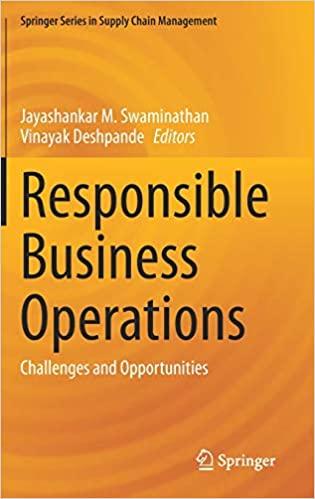Question
Chapter 16 introduces the statute of frauds. The original English statute was enacted to prevent unproven, alleged agreements from being the subject of legal arguments
Chapter 16 introduces the statute of frauds. The original English statute was enacted to prevent unproven, alleged agreements from being the subject of legal arguments before judges of the time. The types of contracts that are "covered by" the statute of frauds were seen as situations which were especially susceptible to individuals fabricating untrue allegations and testimony, or situations where the evidence for the agreement may be outdated due to the passage of time. To prevent courts from having to deal with these situations -- where there is no good evidence of the agreement and the parties are making conflicting claims about the agreement -- contracts that are covered by the statute of frauds must be memorialized in writing and signed by the party against whom the contract is being enforced. If such a contract is not memorialized in a writing that satisfies the statute of frauds, a court will dismiss a lawsuit based on that alleged contract.
Chapter 16 mentions several exceptions to the statute of frauds / alternative means of satisfying the statute of frauds. Why do those exceptions exist? What is the rationale behind them?
Step by Step Solution
There are 3 Steps involved in it
Step: 1

Get Instant Access to Expert-Tailored Solutions
See step-by-step solutions with expert insights and AI powered tools for academic success
Step: 2

Step: 3

Ace Your Homework with AI
Get the answers you need in no time with our AI-driven, step-by-step assistance
Get Started


